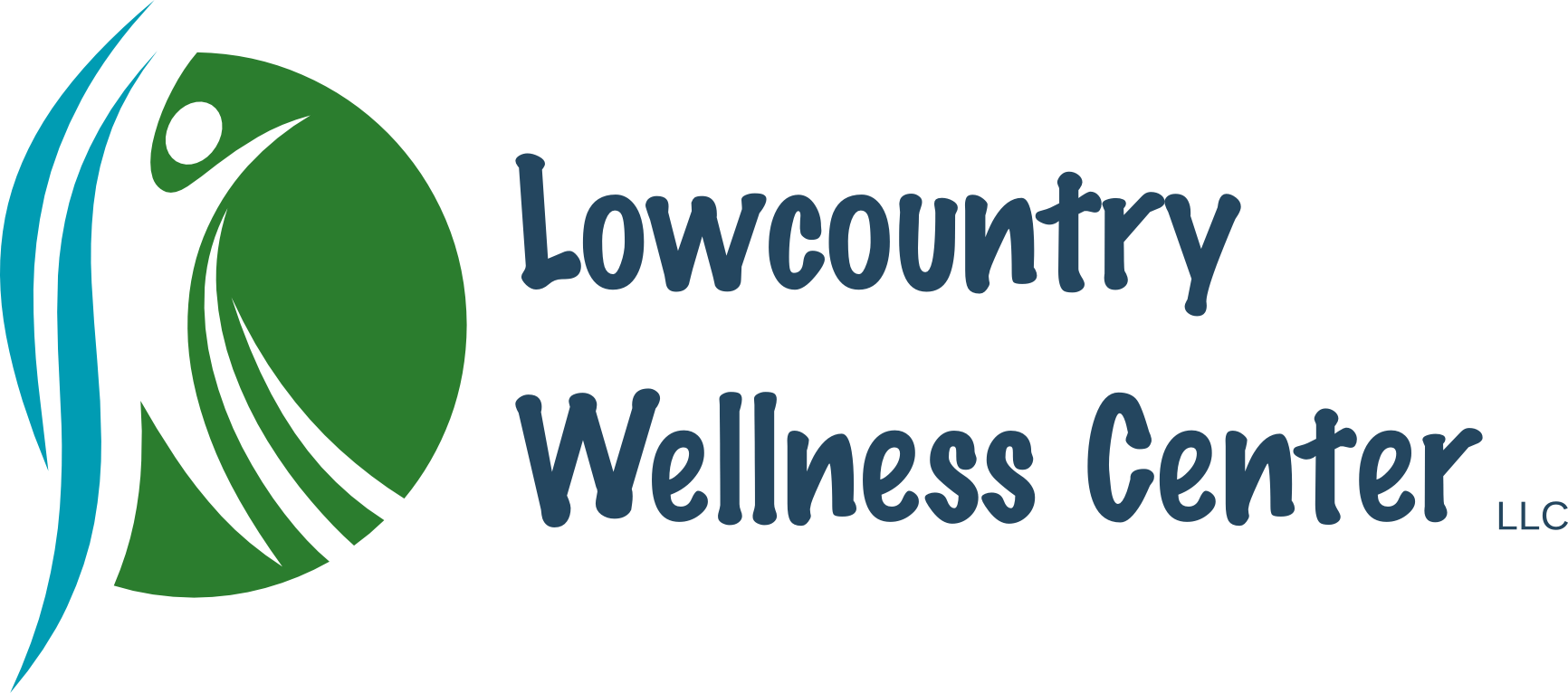🌫 Mold: The Hidden Saboteur in Chronic Illness
Posted by the Nurse Practitioners at Lowcountry Wellness Center | Whole You: The HO Member Blog
If you're doing “everything right”—supplements, nutrition, lifestyle shifts—but still feel inflamed, sensitive, anxious, or fatigued, it may be worth exploring an often overlooked environmental factor: mold.
Mold and the byproducts it releases (called mycotoxins) can linger in indoor environments and belongings. These compounds may impact how your body processes inflammation, stress, and detox—especially if you’re already managing complex or chronic health challenges.
🧬 What Makes Mold a Concern?
Mold isn't just visible on walls or old food. Certain strains (like *Aspergillus*, *Stachybotrys*, and *Penicillium*) release mycotoxins —microscopic compounds that can affect cellular function and immune balance.
These compounds may:
- Disrupt mitochondrial energy production
- Trigger oxidative or histamine-related stress
- Interfere with hormone and immune signaling
- Contribute to gut-brain axis dysregulation
- Cross the blood-brain barrier in some individuals
For those already navigating stress, illness recovery, or environmental sensitivities, mold may compound symptoms or slow healing responses.
🚨 Possible Indicators of Mold Sensitivity
- Increased reactivity to foods or chemicals
- Flushing, itching, or histamine-type skin responses
- Fatigue not improved by rest
- Shallow breathing or “air hunger”
- Brain fog or word-finding difficulty
- Light/sound sensitivity
- Frequent sinus congestion or throat tightness
- Waking between 3–4am consistently
- Mood changes including irritability or unease
- “Buzzing” or electrical sensations in the body
These symptoms are often multi-system and vague—but when viewed through the mold lens, the picture can become clearer.
🧪 How We Evaluate Mold & Mycotoxins
At Lowcountry Wellness Center, we use urine mycotoxin testing from specialty labs like Vibrant or Mosaic Diagnostics (formerly Great Plains). Depending on your needs, we may also recommend:
- VCS (Visual Contrast Sensitivity) test
- MARCoNS nasal culture
- Inflammatory marker labs (e.g., TGF-β1, VEGF, C4a)
- Home ERMI testing or professional air sampling
Our goal is to assess, not assume —so we can support your healing with clarity.
🌀 What Mold Support Often Looks Like
Mold detoxification is a gradual, personalized process. We focus first on stabilizing your system and supporting natural drainage pathways before introducing binding agents or detox protocols.
Therapeutic strategies may include:
- Nasal support to reduce microbial burden
- Binder support (e.g., clay, charcoal, or Rx-based options)
- Mitochondrial and immune resilience protocols
- Lymphatic and liver-supporting strategies
- Nervous system regulation techniques
- Environmental education and home safety guidance
Every plan is customized. No cookie-cutter protocols here.
🧘♀️ The Nervous System Connection
Mold exposure can also affect your emotional and neurological landscape. Many individuals report increased fear, hypersensitivity, or a sense of feeling “stuck.”
That’s why we integrate nervous system healing, including:
- Coherence breathwork
- Somatic therapy and pacing
- Energy and mindset-based support, if desired
Addressing both biology and belief is part of how we help you move forward.
💬 Final Thoughts from Your Provider Team
Mold-related illness is real—and often misunderstood. If you’ve been cycling through symptoms without relief, mold may be part of your story.
And if so, please know: you’re not imagining it. And you don’t have to figure it out alone.
To clarity, courage, and cellular support,
Your Lowcountry Wellness Center Team
✅ Suspect mold might be affecting your healing? Call or text us at 843-793-1353. We’re here to help you take the next right step — with compassion and a plan.
*This blog is for educational purposes only and is not intended to diagnose, treat, cure, or prevent any disease. Statements regarding mold, mycotoxins, and their health effects have not been evaluated by the Food and Drug Administration. Please consult your licensed healthcare provider for personalized medical advice.

